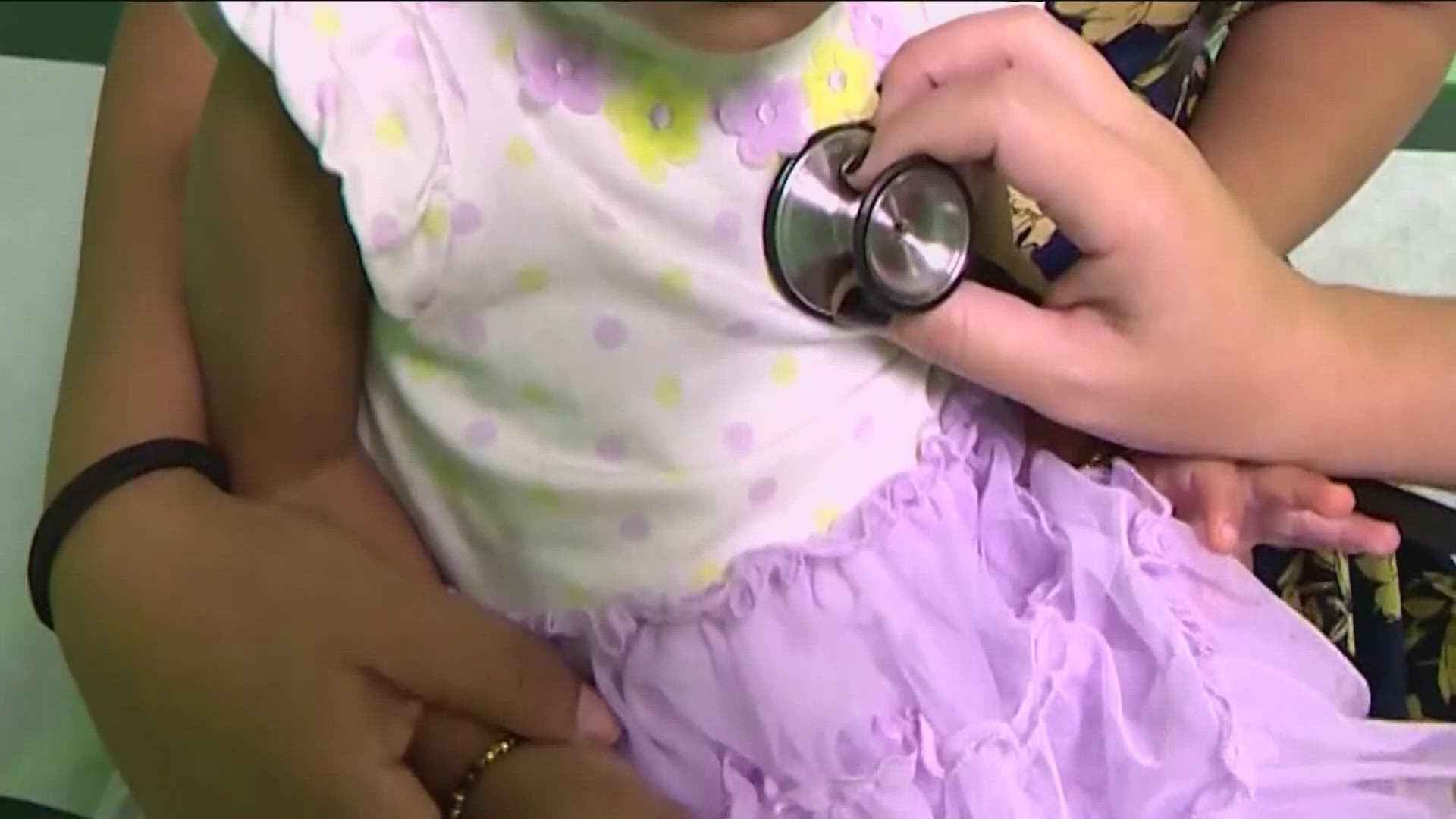SAN DIEGO — San Diego health officials are warning about a sharp rise in whooping cough and walking pneumonia cases.
Whooping cough, also known as pertussis, is a highly contagious respiratory infection caused by a bacteria.
It usually starts with a cough and runny nose, and can lead to weeks or even months of coughing, as well as serious breathing issues, which is a major concern for young children.
"So like under a year, those kids can get really sick and hospitalized," said Edmund Milder, a pediatric infectious disease specialist at Rady Children's Hospital and UCSD Health.
So far this year, there have been 211 confirmed whooping cough cases at Rady's.
In all of 2023, there were 57.
In 2022 - just 19.
Countywide, the public health department has reported 547 cases to date this year, compared to 332 in all of 2023.
Ages range from less than one month to 85, with the majority in the 11 to 17-year-old age range.
CBS8 asked Dr. Milder what’s contributing to the increase.
“I think a lot of things are still a little different since the pandemic. There was all those years where people weren't sharing viruses and bacteria at the same rate that we usually do during the lockdown, and now we're sort of after that, coming out of that and back into the old routines," said Dr. Milder.
Antibiotics can help.
But, Dr. Milder recommends taking preventative measures.
The CDC recommends pregnant women get vaccinated to protect themselves and their babies, and that young children get five doses of the tdap vaccine by the time they start kindergarten.
The CDC says students entering 7th grade need proof of a whooping cough booster immunization.
"The immunity does wane. So, we see a lot of cases of whooping cough in the older school age children maybe eight to 12 to 14, and that's when they they've gone a little while since their last pertussis vaccine," said Dr. Milder.
In addition to whooping cough, doctors at Rady's are seeing a dramatic rise in mycoplasma, or walking pneumonia.
In 2022, there were 51 cases.
That jumped to 61 in 2023.
And 532 so far this year.
"The term walking pneumonia came from the fact that most cases are not that severe. You'll have some typical pneumonia, things like fever and cough. Most people are still up and about,” said Dr. Milder.
There's no vaccine for walking pneumonia, but there are antibiotics.
Dr. Milder says with both illnesses, if it’s not severe, check with your primary doctor or urgent care before coming to the ER, stay home so you don't spread it to others, and always practice good hygiene to avoid getting sick.
"The winter is going to be full of fevers and coughs and runny noses. The same precautions help for everything,” said Dr. Milder.

